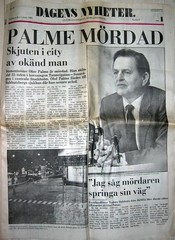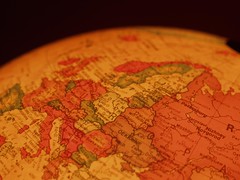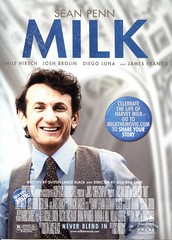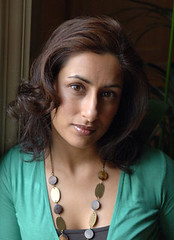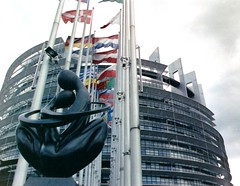
I gave a talk today at the Diaconia University of Applied Sciences to an auditorium filled with media students. The subject of the entire day was the responsibility of lifestyle media for what they present.
My talk (unfortunately in Finnish) is below. I focused on how a progressive lifestyle journalist should position himself or herself. I claim, that it is very easy to get stuck to the old rant on how journalists should be independent and not promote any specific idea. I claimed that the justification for being progressive for instance on sustainability can be found from the Ethical Code of Conduct for Journalists where it states that journalists have a responsibility to tell people what is happening in the world. And as climate change is the big issue of our time, you do your job poorly if you don´t build ethical and environmental norms into your work. Already journalists have made a commitment for human rights, this is the other big ethical test.
In the presentation I suggested that when dealing with sustainability, lifestyle media should build on what they do best: enthusiasm and encouragement for action. They should promote excellent and ethical choices with the same enthusiasm they promote a new eyeliner. Making things appealing works far better than the message about giving something up.
The third main point I raised was on how change in lifestyles happens. This I would claim is the ultimate test for women´s magazines. Most lifestyle media still deals with change by showing one person one morning transforming their life completely. This is understandable cos it´s easy to build a story around it. But if you actually look into research on how change happens, people who do big transformations always relate to other people. By showing this link and giving the readers tips on how to win support and get people along, lifestyle media could be one of the most powerful instigators of action for the better.
Edistyksellisyys ja naistenlehdet
View more presentations from Demos Helsinki.


